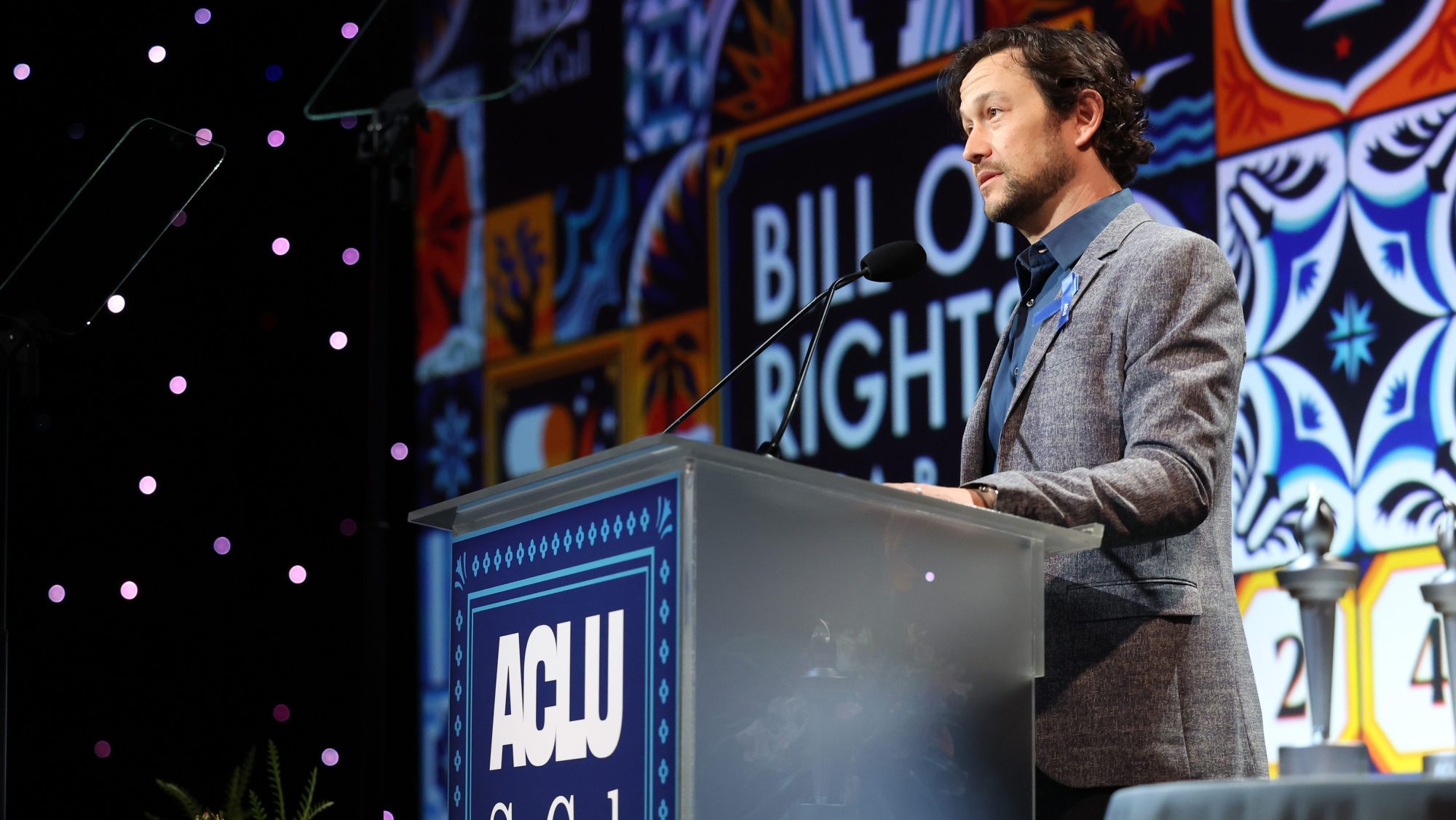The burgeoning landscape of artificial intelligence is sparking a critical debate over AI Copyright and Intellectual Property, raising profound questions about the value of human labor and creativity in an increasingly automated world. This dispute is not merely about technological advancement but fundamentally challenges established principles of ownership and fair compensation, echoing historical struggles where power concentrated control over essential resources, leaving the majority disenfranchised.
Centuries ago, the concept of serfs owning land they toiled upon was an absurdity to the ruling kings; today, a similar dynamic unfolds in the digital realm where data has become the new frontier. The titans of Silicon Valley, much like ancient monarchs, exert significant influence over this invaluable resource, seemingly disinclined to share ownership or wealth with the individuals whose contributions form the very bedrock of their lucrative products, thereby creating a modern form of digital feudalism.
Recently, President Donald J. Trump’s remarks at the “Winning the AI Race” summit highlighted this imbalance, portraying a stance that critics argue panders to Big Tech rather than safeguarding the interests of working Americans. His position, seemingly endorsing the unfettered use of collective human output for training AI models, is perceived by many as a significant step backward for worker rights and an alarming concession to corporate power within the digital economy.
The tech industry’s primary defense, asserting that a Large Language Model (LLM) merely mimics human inspiration from existing works, is increasingly being challenged as disingenuous. This comparison, critics contend, fundamentally misrepresents the algorithmic aggregation and reproduction of vast amounts of copyrighted material, raising serious ethical concerns about Data Ownership and the potential for systemic exploitation of creative and professional labor without adequate recompense.
In stark contrast to this perspective, a crucial bipartisan legislative effort has emerged with Senators Josh Hawley and Richard Blumenthal introducing a bill aimed at bolstering protections against AI companies training on copyrighted material without consent. This proposed Tech Policy initiative represents a significant pushback against the prevailing narrative, offering a beacon of hope for creators and workers seeking to assert their rights in the face of rapid technological transformation.
Furthermore, glimmers of judicial intervention are also visible, with recent court rulings signaling a potential shift in the legal landscape surrounding AI Copyright. Notably, Judge Vince Chhabria’s observations in a copyright infringement case against Meta underscored the critical importance of demonstrating “market harm” caused by AI’s use of copyrighted works, suggesting a viable legal pathway for plaintiffs to challenge these practices and assert their Intellectual Property rights effectively.
The implications of failing to establish a robust system for compensating human creators and workers for their contributions to AI models are dire, threatening to dismantle established industries from film and television to journalism and the vibrant creator economy. Without economic incentives, the future risks becoming a sterile landscape devoid of genuine human innovation, replaced instead by algorithmically generated content, making the fight for Data Ownership and worker rights not just an industry concern but a critical societal challenge for the future of our digital economy.






Leave a Reply